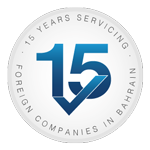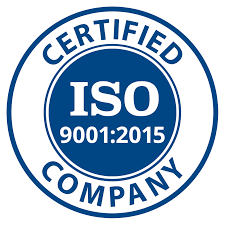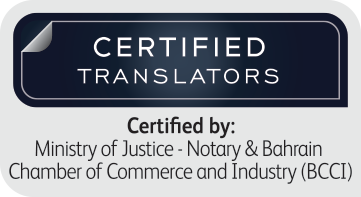Bahrain is a semi-tropical archipelago in the Arabian Gulf, roughly 45km long by 15km wide, with a land area of 710 km2. It lies within sight of the eastern coast of Saudi Arabia. The capital is Manama, which has more than doubled in population in the last thirty years.
The country is a constitutional hereditary monarchy, ruled by the Al Khalifa family. About 70% of the population is ethnically Bahraini. The official language is Arabic, although most of the population speaks English, which is also the business language.
With the benefit of a stable rule of law and a developed market, Bahrain, a major trading hub in the region, provides strong commercial opportunities for businesses across many sectors. It also represents a good starting point for accessing other Gulf Cooperation Council (GCC) markets, as well as the wider MENA region.
General overview of Bahrain
Although Bahrain is a Muslim country, it is considered to be one of the most liberal of all of the GCC States. You can enjoy a wide range of entertainment and leisure activities, including many water-based sports, excellent restaurants and nightlife. The shopping is second to none, with several large shopping malls offering outlets for all of the major international designers, as well as stores from Spain, Germany, Australia, France, the US and elsewhere.
Bahrain has an arid climate and just two seasons, summer and winter. Summer is from April to the end of September, when afternoon temperatures average 39°C (102°F) and can reach as high as 46°C (114.8 °F) during June and July. However, most houses and offices are air-conditioned, making for a pleasant working environment. The mild and pleasant winter lasts from October to May, when the average temperature ranges between 10°C (50°F) and 20°C (68°F).
A wide range of accommodation is on offer, from inner-city luxury apartments to country villas. The cost varies; for example, an average fully-furnished three-bedroom villa with all amenities (including a shared pool and tennis courts) will be around US$2,000 a month.
We can assist with arranging your electricity and water (EWA) and municipality accounts, as well as the installation of phone lines and mobile phone accounts.
Business and economy
Bahrain has the most diversified economy in the GCC. It is reducing its dependence on oil and gas, with steady growth in other sectors over the last 15 years or so, particularly banking and tourism.
Bahrain is now a leading financial centre in the region supported by an open market economy and a credible banking regulatory framework. Bahrain enjoys strong economic ties with other GCC states in the region, especially with Saudi Arabia, who has made significant investments in Bahrain’s tourism, infrastructure and industry sectors.
Education
The Kingdom boasts the oldest public education system in the Gulf. Literacy rates are believed to be among the highest in the Arab world.
Education has always been compulsory in Bahrain, and free education is provided for both Bahraini and non-Bahraini students in state schools. In addition, there’s a wide range of first-class private schools, nurseries and tertiary institutions available. We’re happy to advise on any of these.
Unlike the rest of the GCC, educational and higher educational institutions (HEIs) in Bahrain can be 100% foreign owned. This may be a key factor in the success and growth of the Kingdom’s many international institutions.
Bahrain’s quality of life, central location and status as a leading financial regional hub of the region for over 40 years means the country continues to attract students from across the GCC.
Health
Bahrain is similarly becoming a regional hub for specialised healthcare, with a good selection of both state and private hospitals available.
The country has long been noted for its forward-thinking approach to health. It was the first Gulf country to establish a clinic, back in 1888, and the American Mission Hospital opened in 1902. Since 1979, it has followed a Health for All policy, whereby most healthcare is free, and advanced medical services are open to all citizens and expatriates at nominal prices.
Tourism
Bahrain receives around four million tourists a year. Most are from GCC countries, but numbers from elsewhere are growing.
Bahrain’s strategic location has been a key factor in developing the open, tolerant and inclusive society that exists today, and which is an important part of its appeal for visitors.
Its excellent communications and transport links with the Gulf region and other parts of the world are also a key driver in the growth of tourism numbers.
Find out more now
For more details about visiting, living in and working Bahrain, just get in touch.




